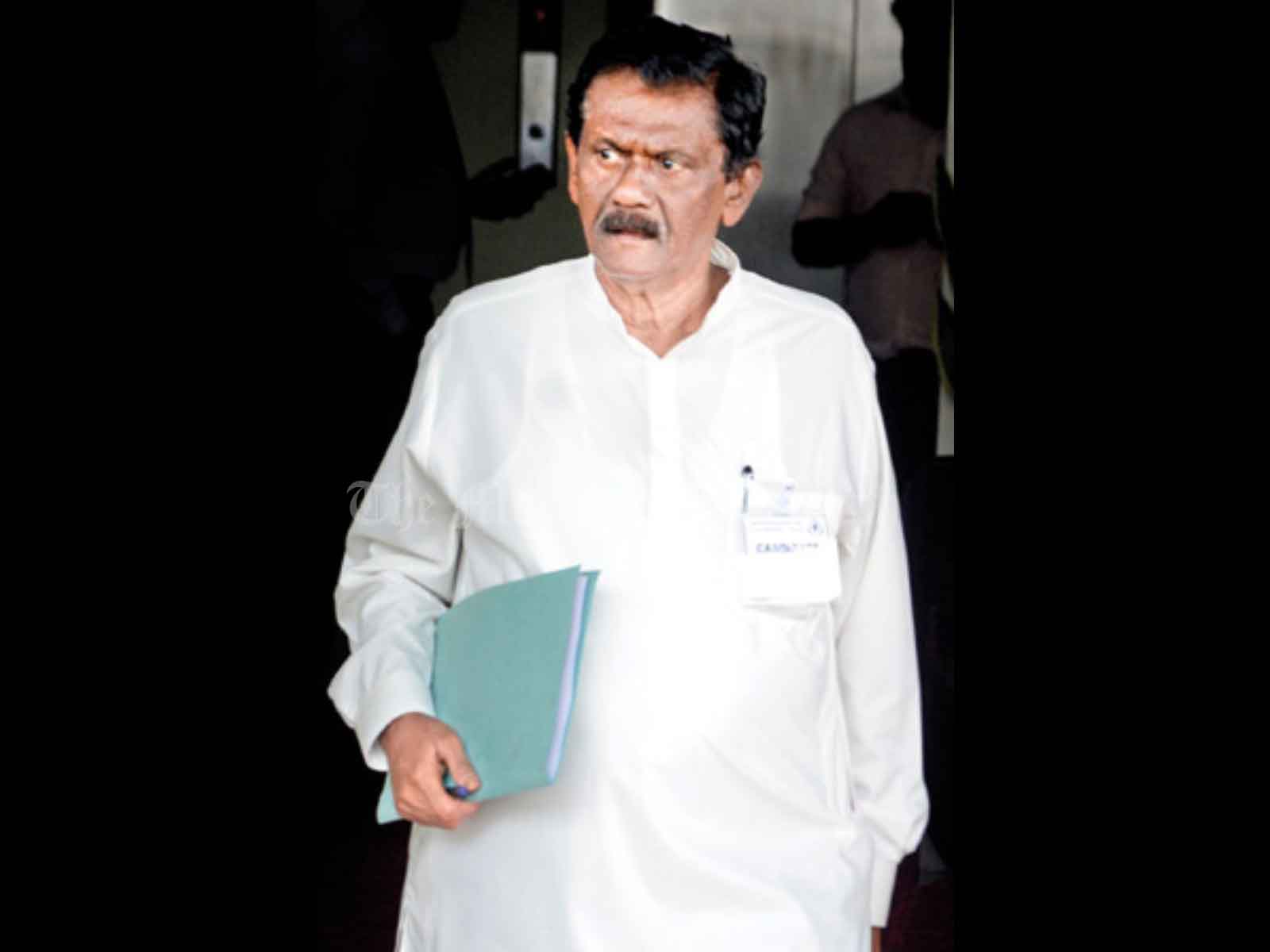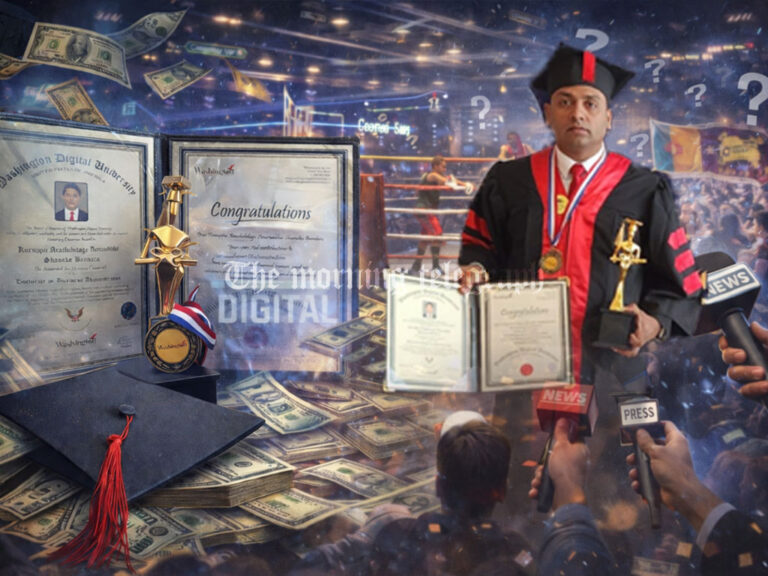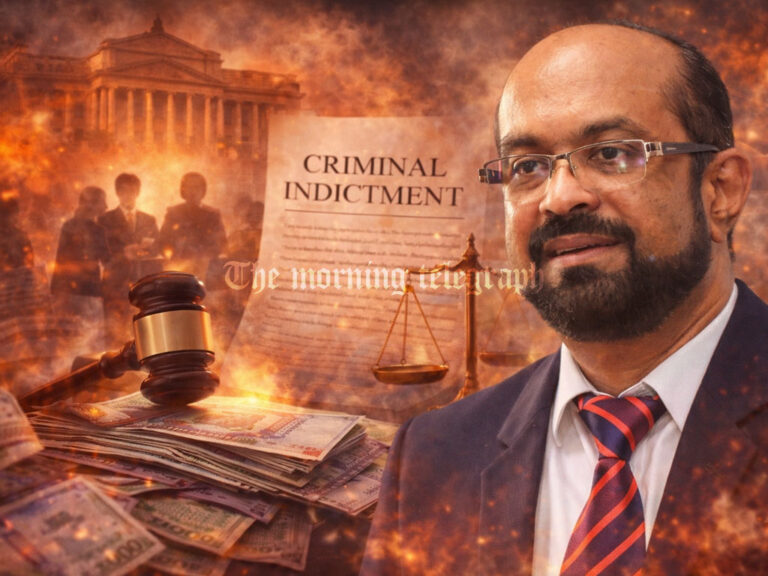
In a surprising turn of events during the presidential election held on September 21, Kaladugoda Kankanamge Piyadasa, commonly known as KK Piyadasa, emerged as a notable independent candidate, securing seventh place and surpassing several prominent political figures. Piyadasa, a former Member of Parliament and businessman, garnered 47,543 votes, accounting for 0.36% of the total, despite a lack of televised discussions, election meetings, or traditional campaign materials like cutouts and leaflets.
Piyadasa’s achievement is particularly impressive when considering the heavyweight competition, which included former Army Commander Field Marshal Sarath Fonseka, former Justice Minister Wijedasa Rajapaksa, former Sports Minister Roshan Ranasinghe, and Frontline Socialist Party candidate Nuvan Bopage. Piyadasa’s ability to outperform these established figures speaks volumes about his connection with voters.
Born into a humble family in Hakmana, Matara district, Piyadasa began his journey in the hospitality industry, ultimately settling in Nuwara Eliya in 1971. His extensive travels across the North and East, as part of his hotel business, allowed him to forge connections with diverse communities, which played a significant role in his electoral success. “I treat everyone equally, regardless of caste or religion,” Piyadasa stated in an interview, reflecting on the principles that guided his campaign.
Having represented the Nuwara Eliya district as a Member of Parliament, Piyadasa has a long history in politics, becoming actively involved in grassroots activities within the United National Party (UNP) in the 1990s. His political career saw him elected to Parliament in 2001, and again in 2015, after a challenging series of elections.
During his tenure, Piyadasa prioritized humanitarian efforts, providing support to those in need. He notably purchased coffins for impoverished families and assisted others in obtaining electricity connections and housing. His proficiency in Tamil has also enabled him to connect with constituents across various backgrounds.
Despite the unexpected success, Piyadasa attributes his votes to genuine support rather than a mistaken identity with the election symbol, noting that he has consistently garnered significant votes in his district in previous elections. “I don’t believe voters confused my symbol with that of another party. Many know me well,” he affirmed.
At 75 years old, Piyadasa has announced that this will be his last electoral campaign. Having transferred his business interests to his five children, he stated that the surge of candidates in the presidential race motivated him to participate. Reflecting on his achievements, he expressed surprise and satisfaction at finishing higher than many seasoned contestants.
As the political landscape continues to shift, Piyadasa’s story is a reminder that even independent candidates can resonate with voters and make a significant impact in elections.




